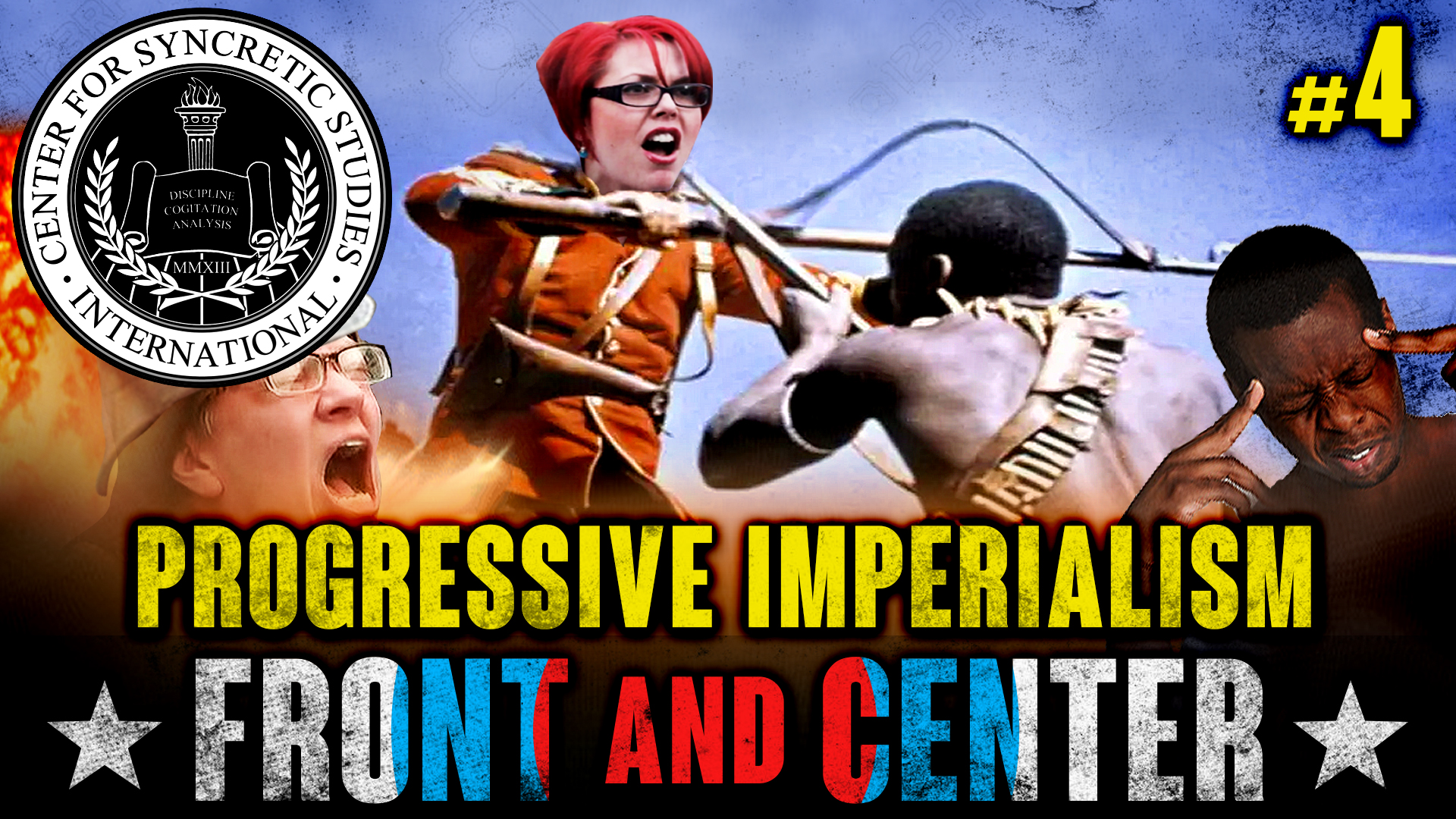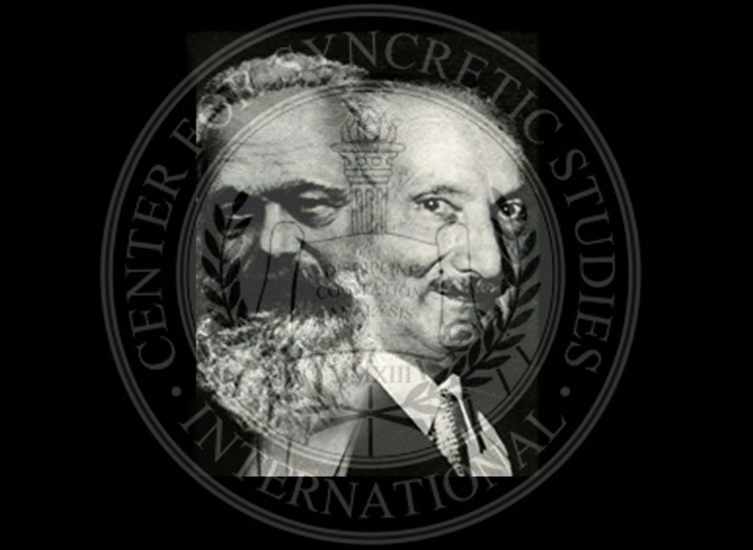by Alessandro Napoli

Fluidity
Since the dawn of the last century, the society has been hit by a deep and gradual crisis of values that has touched multiple aspects of life, from the world of work to family stability, from community relations to the same individual who has been disintegrating into multiple “Egos” conflicting between them. The leitmotif of this era, in which the world around us is shredded into fragments poorly coordinated, while our individual lives are fragmented into a succession of episodes badly connected to each other, was presented to us as an added value, something to enjoy and passed off as a false myth of progress: the fluidity of both work and human relationships.
On the one hand, as Z. Bauman points out, the Welfare State, which is the extreme and modern embodiment of the idea of community, which promotes the principle of a collective insurance underwritten by the whole society against individual misfortunes and their consequences, is deliberately dismantled because the sources of profit of capitalism have shifted from the exploitation of the labor force to the exploitation of consumers, since they – the consumers and therefore the poor – deprived of the resources necessary to respond to the seductions of consumer markets, have need for money – not the kind of services offered by the «Welfare State» – to be useful according to the capitalist conception of «utility». On the ethical and moral side, consequently and hand in hand, instances have been pushed that have distorted civilization by making human nature itself «liquid», changing in its most intimate cultural, spiritual, even biological profile.
The idyllic society envisaged by T. Negri and M. Hardt turned out to be nothing more than the projection of a metaphysics of chaos on the same social fabric, primarily the Western one but not only. Macabre and nefarious metaphysics at the basis of the machinations of an organized elite which, through the reaffirmation of the domination of the market in a totalizing sense, broke the bonds that held society together, from the end of political parties to the religious disintegration of communities, to family and social bonds today extremely unstable and no longer bound by those values of loyalty, according to which ancient wisdom, human relationships served to enrich living time and not egoic emptiness.
Continue reading



